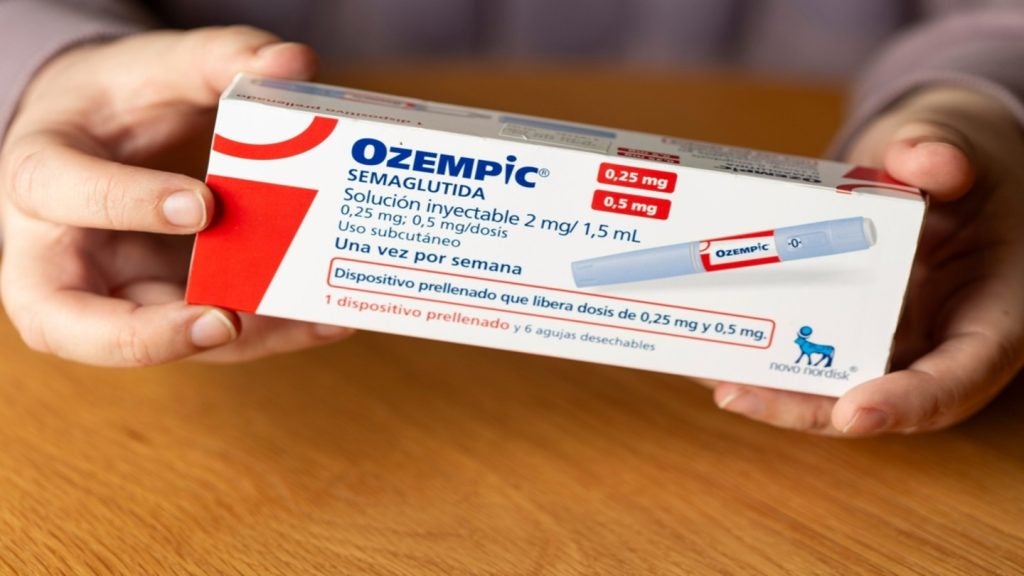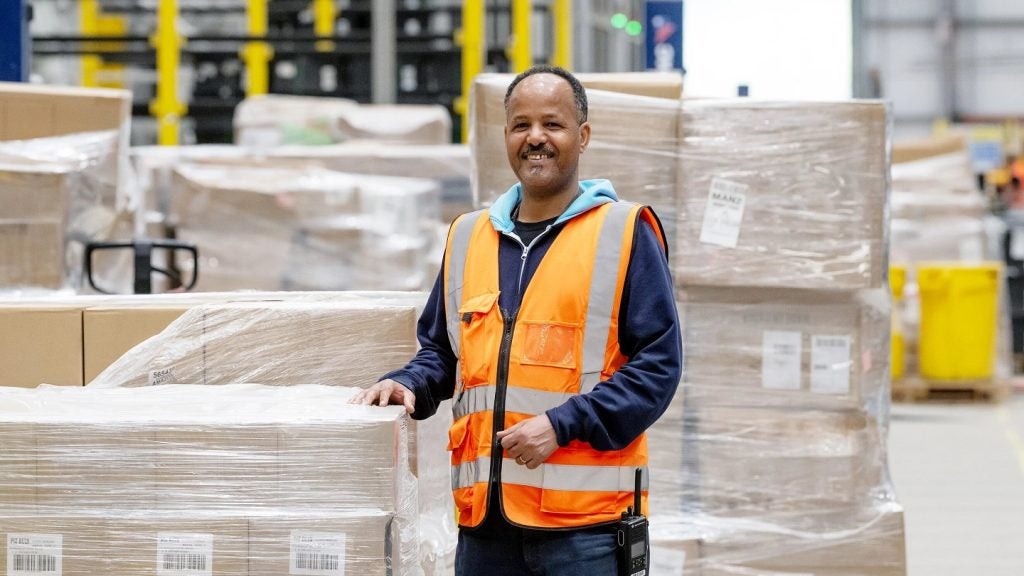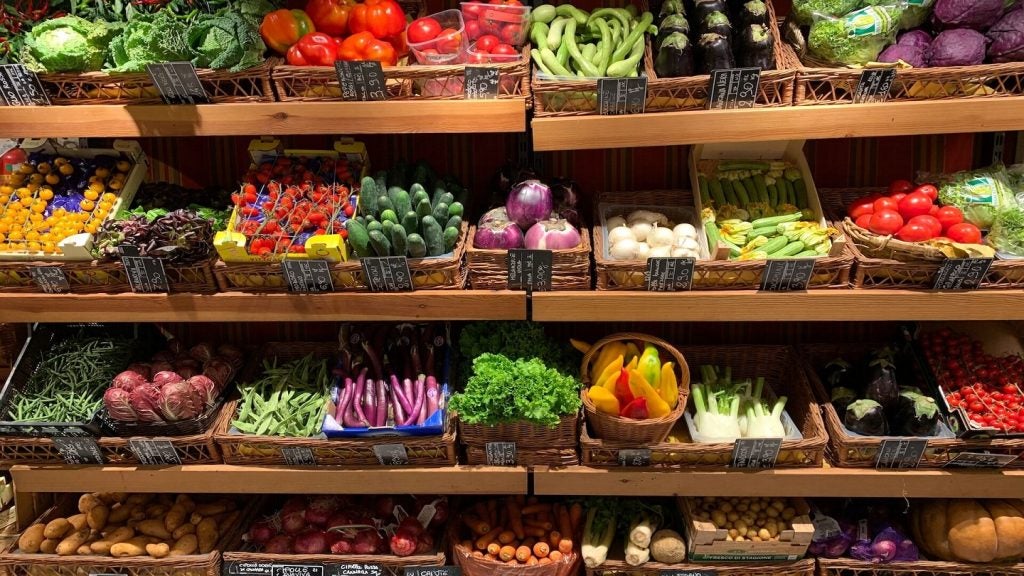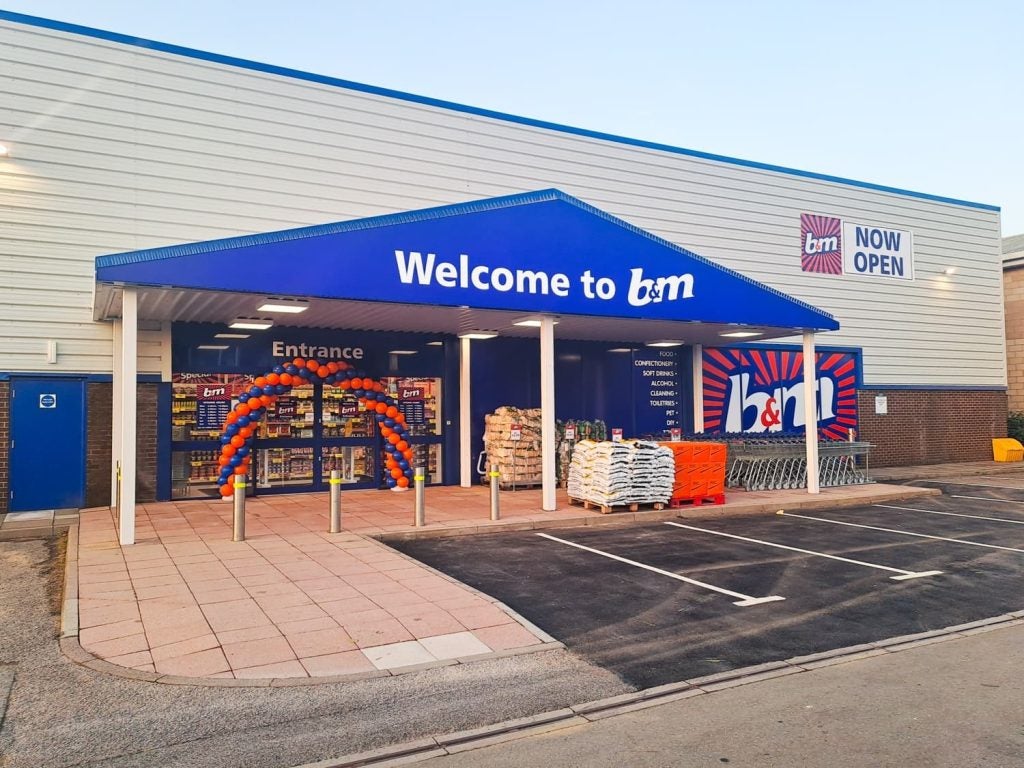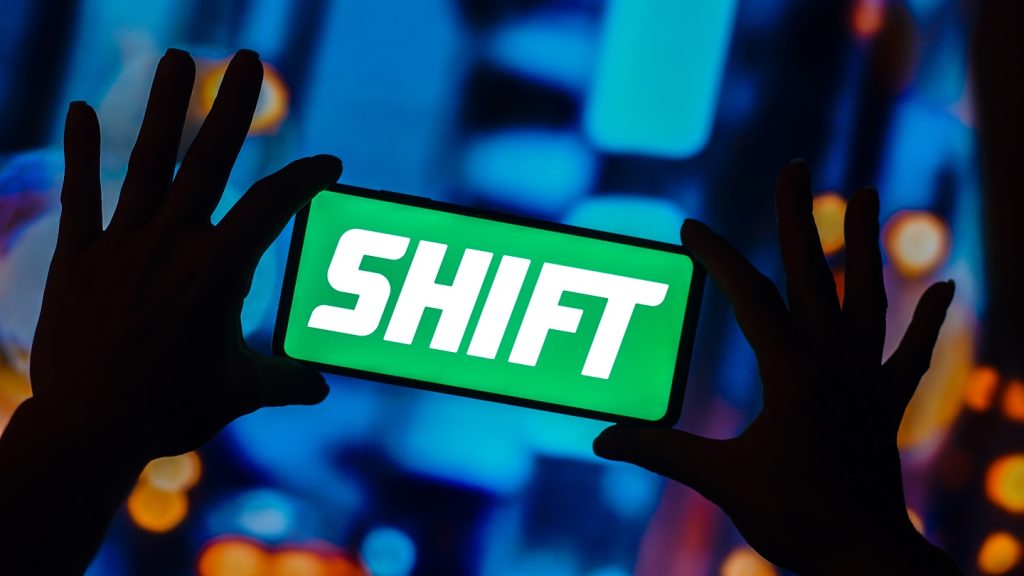The rise of GLP-1 weight loss drugs such as Novo Nordisk’s Wegovy and Ozempic and Eli Lilly’s Mounjaro may be having a slimming effect on grocery sales, Walmart CEO John Furner said on Wednesday (4 October).
The retailer, which is the world’s largest company by revenue, has been studying sales patterns by analysing anonymised data on shopper populations. Through its pharmacy unit, it can analyse the spending habits of those customers taking GLP-1 drugs.
“We definitely do see a slight change compared to the total population, we do see a slight pullback in overall basket,” Furner told Bloomberg. “Just less units, slightly less calories.”
He added, however, that it was too early to determine the scale of the drugs’ impact.
GLP-1 drugs work by mimicking the hormone glucagon-like peptide-1, which is released after eating. The drug delays gastric emptying and gut motility, regulates intestinal glucose transport and inhibits acid secretion. According to a Morgan Stanley survey, the new class of obesity medicines can reduce calorie intake by 20% to 30% daily.
The retail trend may well become more pronounced as GLP-1 drugs are rolled out across markets globally. Semaglutide (Wegovy) launched in the US back in June 2021, while the drug was made available in the UK from September 2023.
The drug’s popularity is such that Novo is currently limiting further launches and countries are restricting prescriptions to existing patients.
More widely, mentions of GLP-1 drugs in retail company filings and earnings calls have been on the rise, according to GlobalData’s analytics. Amongst the retailers talking about the mixed effects of GLP-1 drugs are CVS, Walmart, Kroger and Rite Aid who have reported some benefits from the high uptake of weight loss drugs such as increased foot traffic and increased sales in discretionary categories.
Direct profits from GLP-1 prescriptions are limited due to lower margins for branded drugs.
Retail investors, however, appear worried following Furner’s comments. Walmart and Costco’s shares fell as much as 4% on Friday, despite the session’s wider market rally.
Consumer goods companies are also suffering. Shares of PepsiCo and Coca-Cola fell 6% last week, while foodservice heavyweight McDonald’s lost 5%. Snack maker Conagra Brands suggested last Thursday that it might consider tweaking portion sizes if eating patterns change under the influence of GLP-1s.
In a Friday note, Bank of America estimated that GLP-1 drugs could lead to an abatement in addictive behaviours with knock-on effects for consumption of snacks and beverages. Meanwhile, Morgan Stanley estimates that overall consumption of carbonated soft drinks, baked goods and salty snacks may fall up to 3% by 2035, while US-focused alcohol companies may face an estimated 2% fall in consumption.
However, Morgan Stanley appears confident that the expected 1% to 2% calorie reduction amongst US consumers should be manageable across most industries.
Adaptation, packaged food analyst Pamela Kaufman says, will come through the reshaping of product portfolios and the adoption of healthier options. Demand should also grow for “weight-loss management foods” such as protein shakes and bars.
Our signals coverage is powered by GlobalData’s Thematic Engine, which tags millions of data items across six alternative datasets — patents, jobs, deals, company filings, social media mentions and news — to themes, sectors and companies. These signals enhance our predictive capabilities, helping us to identify the most disruptive threats across each of the sectors we cover and the companies best placed to succeed.


